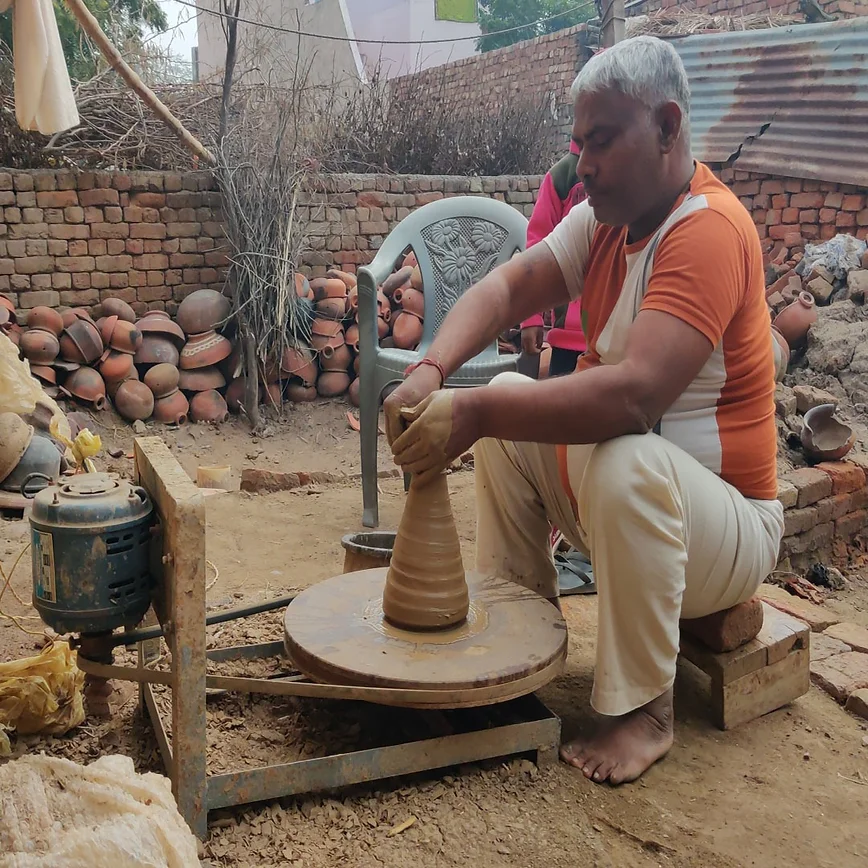Home
About Us
Page 2
The NIH has allocated a funding budget in the amount of $2,500,000 and is set to administer a maximum of 6 grant awards under the program in focus.
|
|
Interested applicants will be deemed eligible to submit an application for the Improving Adherence to Treatment Regimens for HIV-Positive Adolescents and Young Adults program if they are any of the following:
a) Higher Education Institutions such as Public/State Controlled Institutions of Higher Education and Private Institutions of Higher Education
b) Hispanic-serving Institutions, Historically Black Colleges and Universities, Tribally Controlled Colleges and Universities, Alaska Native and Native Hawaiian Serving Institutions
c) Nonprofit organizations other than institutions of higher education
d) For-Profit organizations such as small businesses and for-profit organizations other than small businesses
e) State and local governments
f) Independent School Districts
g) Public Housing Authorities/Indian Housing Authorities
h) Native American Tribal Organizations
i) Faith-based or Community-based Organizations
j) Regional Organizations
The Department of Health and Human Services, the primary agency funding the Improving Adherence to Treatment Regimens for HIV-Positive Adolescents and Young Adults Program, is the federal government's leading agency that is especially dedicated to protecting the health of all Americans and providing essential human services to all.
About The Author Iola Bonggay is an editor of TopGovernmentGrants.com one the the most comprehensive Websites offering information on government grants and federal government programs. She also maintains Websites providing resources on environmental grants and grants for youth programs. |
Additional Resources
category - Health Grants
The Collaborative Islet Transplantation Registry Program
Rural Health Research Center Program
Health Resources and Services Administration: Teaching Health Center Graduate Medical Education (THCGME) Program
Improving Health of People with Intellectual Disabilities Program
Follow @topgovtgrant
Social Entrepreneurship
Spotlight
Reviving Ancient Indian Art Forms – Empowering Artisans Towards Entrepreneurship

Rivaayat is an initiative by Shri Ram College of Commerce, Delhi to revive various dying art form and solve innumerable problems faced by the artisans. Rivaayat began with reviving a 20,000-year-old art form of pottery that is a means of survival for 600 families residing in Uttam Nagar, Delhi.
